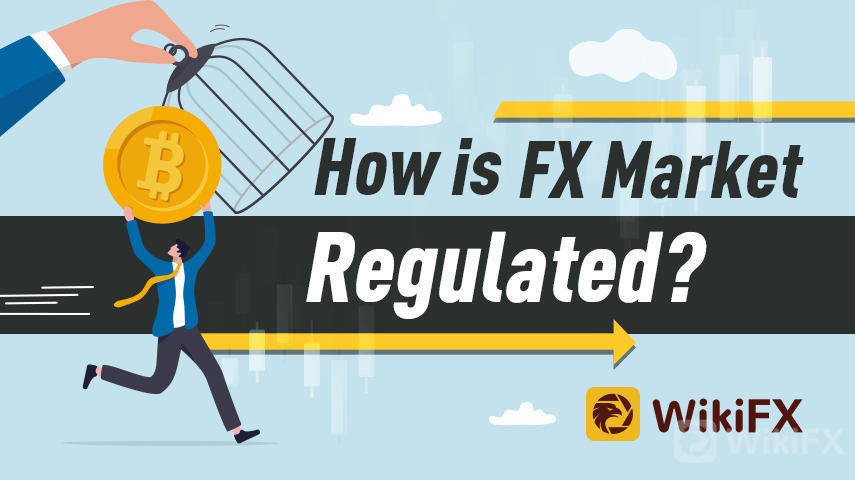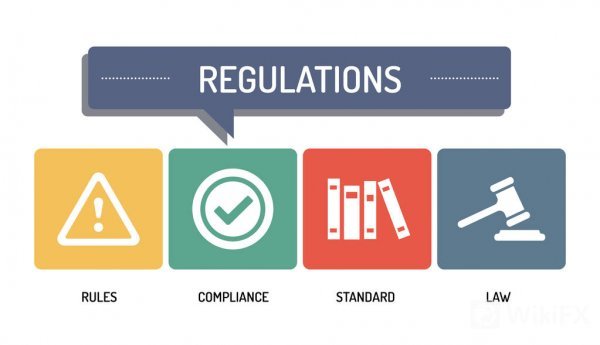
The forex market is the largest and most liquid market that remains open 24 hours a day and five days a week. With a daily turnover of over $8 trillion, the forex market requires oversight from regulatory bodies across the world to keep the market functioning in a transparent manner. Regulatory supervision strengthens the trust and confidence of traders in the forex system, allowing more traders to join the forex market and facilitating trade worldwide. In this article, we will discuss how the forex market is regulated at such a large scale.
Regulatory bodies
The foreign exchange market is comparatively less regulated than stock or commodity exchange markets due to its decentralized nature, which makes it vulnerable to fraud. However, to safeguard the interests of traders and facilitate trading activities, governments all over the world regulate forex brokers through regulatory bodies. The supervisory bodies act as watchdogs and issue licenses to the forex brokers that comply with the local rules and regulations. Some famous regulatory bodies that oversee the operations of forex brokers in their respective countries are:
1- Financial Conduct Authority (United Kingdom)
2- National Futures Association & Commodity Futures Trading Commission (United States)
3- Australian Securities and Investments Commission (Australia)
4- Autorité des marchés financiers (France)

Regulatory Requirements
Regulated forex brokers have to fulfill the following main regulatory requirements:
1- Regulated forex brokers should not combine the funds of their clients with the funds meant to run the operations of the company. In other words, the broker has to segregate the clients and its own funds by maintaining separate bank accounts.
2- Regulated brokers must disclose the risks associated with forex trading and must refrain from making false promises about generating guaranteed or high returns.
3- Regulated brokers have to maintain minimum capital requirements determined by the local regulatory bodies to ensure that the broker remains solvent and can handle the deposits of their clients.
4- Regulated brokers are frequently audited to detect and prevent any financial irregularity that can inflict financial loss to traders. The brokers have to meet capital adequacy requirements and ensure compliance by submitting the statements periodically to the regulators.

How can you discover regulated brokers?
Not all brokers are regulated and licensed. To keep yourself safe from forex fraud, you must open your trading account with a regulated and licensed broker only. While you can browse the websites of brokers individually and verify the details on the regulator's website, you can find a list of regulated brokers on Wikifx.com.
Wikifx.com covers a mammoth list of 5,000 brokers across 30 countries, making it easier for you to filter the regulated brokers according to your defined criteria. You can find license numbers, regulatory information, risk appraisal, and up-to-date rankings of forex brokers. The details of the brokers can be viewed on Wikifx.com as well as on the mobile app.
Leave a Reply